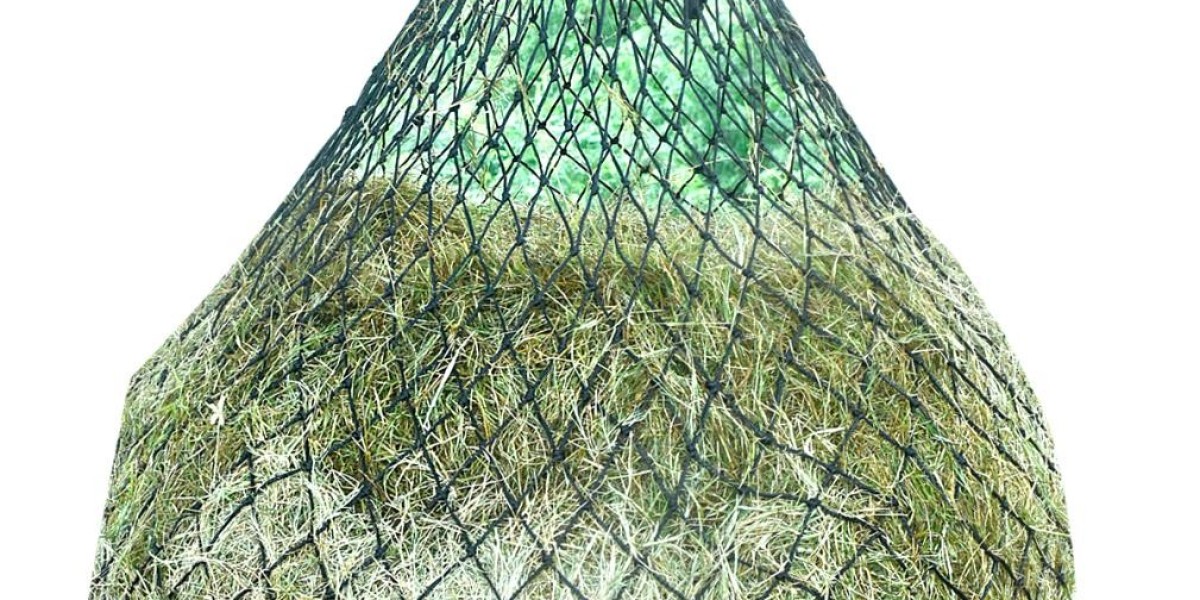In the wild, horses spend most of their day grazing – nibbling on grass for up to 18 hours! Domesticated life, however, often involves concentrated meals of hay, leading to digestive issues and boredom. This is where hay nets come in – a simple yet effective tool for mimicking natural grazing behavior and promoting optimal horse health. But with various payment options available, it can feel like unraveling a mystery. Fear not, fellow horse lovers! This guide will shed light on the magic of haynets, exploring their benefits, types, and how to choose the right one for your equine friend.
Why Slow Feeding Matters
Horses have a digestive system designed for continuous small meals. Unlike humans with a single stomach, horses have a complex digestive tract with a sensitive microbiome. Rapid consumption of large quantities of hay can overwhelm this system, leading to colic, ulcers, and weight gain due to inefficient nutrient absorption.
Enter the Haynet: A Slow-Feeding Superhero
Haynets act as a barrier, forcing horses to take smaller bites and extend their eating time. This mimics natural grazing behavior, promoting better digestion, reducing boredom, and offering several key benefits:
Improved Digestion: Haynets slow down hay consumption, allowing for better saliva production. This aids in breaking down food and nutrient absorption, reducing the risk of colic and other digestive issues.
Reduced Waste: Haynets minimize hay waste by preventing horses from scattering and trampling loose hay. This saves money and lowers bedding changes.
Boredom Busters: haynets for horses provide mental stimulation, encouraging horses to nibble throughout the day, keeping them occupied and reducing stall vices like cribbing or weaving.
Weight Management: Haynets can help horses maintain a healthy weight, especially those prone to obesity, by slowing down eating and promoting better digestion.
Haynet Types: Decoding the Mesh
Haynets come in various sizes, mesh openings, and materials. Understanding these differences is crucial for maximizing the benefits:
Small Hole Haynets: These feature tiny openings, which are ideal for horses who tend to eat very quickly. They significantly extend eating time and minimize hay waste. However, they may not be suitable for senior horses or those with dental problems.
Large Hole Haynets: These offer a faster flow rate for horses who eat at a moderate pace. They're also a good option for senior horses or those with dental issues who might struggle with small openings.
Slow Feed Haynets: These innovative haynets incorporate features like internal baffles or knotted sections that further slow down hay access, which is ideal for greedy eaters.
Haynet Selection: Choosing the Right Weapon
When selecting a haynet, consider these factors:
Your Horse's Eating Habits: Observe how quickly your horse devours hay. For fast eaters, opt for small hole haynets or slow feed designs.
Hay Quality: Coarse hay naturally takes longer to eat, so consider a large haynetsmesh size if your hay is particularly stemmy.
Horse's Age and Dental Health: Senior horses or those with dental issues may benefit from larger mesh openings for easier hay access.
Haynet Hacks: Getting the Most Out of Your Slow Feeder
Here are some tips to ensure your horse enjoys the benefits of haynets:
Introduce Haynets Gradually: Start with a larger mesh haynet to allow your horse to adjust.
Fill Haynets Appropriately: Don't overload the haynet—aim for enough hay to last a few hours, but not so much that the animals get frustrated.
Multiple Haynets: Consider using multiple haynets with varying mesh sizes to offer variety and prevent boredom.
Placement Matters: Hang haynets appropriately to encourage natural head and neck position.
Haynets from eQuitack: Your Partner in Slow Feeding
At eQuitack [insert link to eQuitack haynets], we understand the importance of slow feeding for equine health. We offer high-quality haynets in multiple sizes, mesh openings, and materials to suit your horse's needs.
Conclusion
Haynets are a simple yet powerful tool for promoting optimal horse health. By mimicking natural grazing behaviour and encouraging slow feeding, haynets can improve digestion, reduce waste, and keep your horse happy and occupied. With the knowledge you've gained about haynet types and selection, you can unravel the mysteries of slow feeding and unlock a world of benefits for your equine companion.



